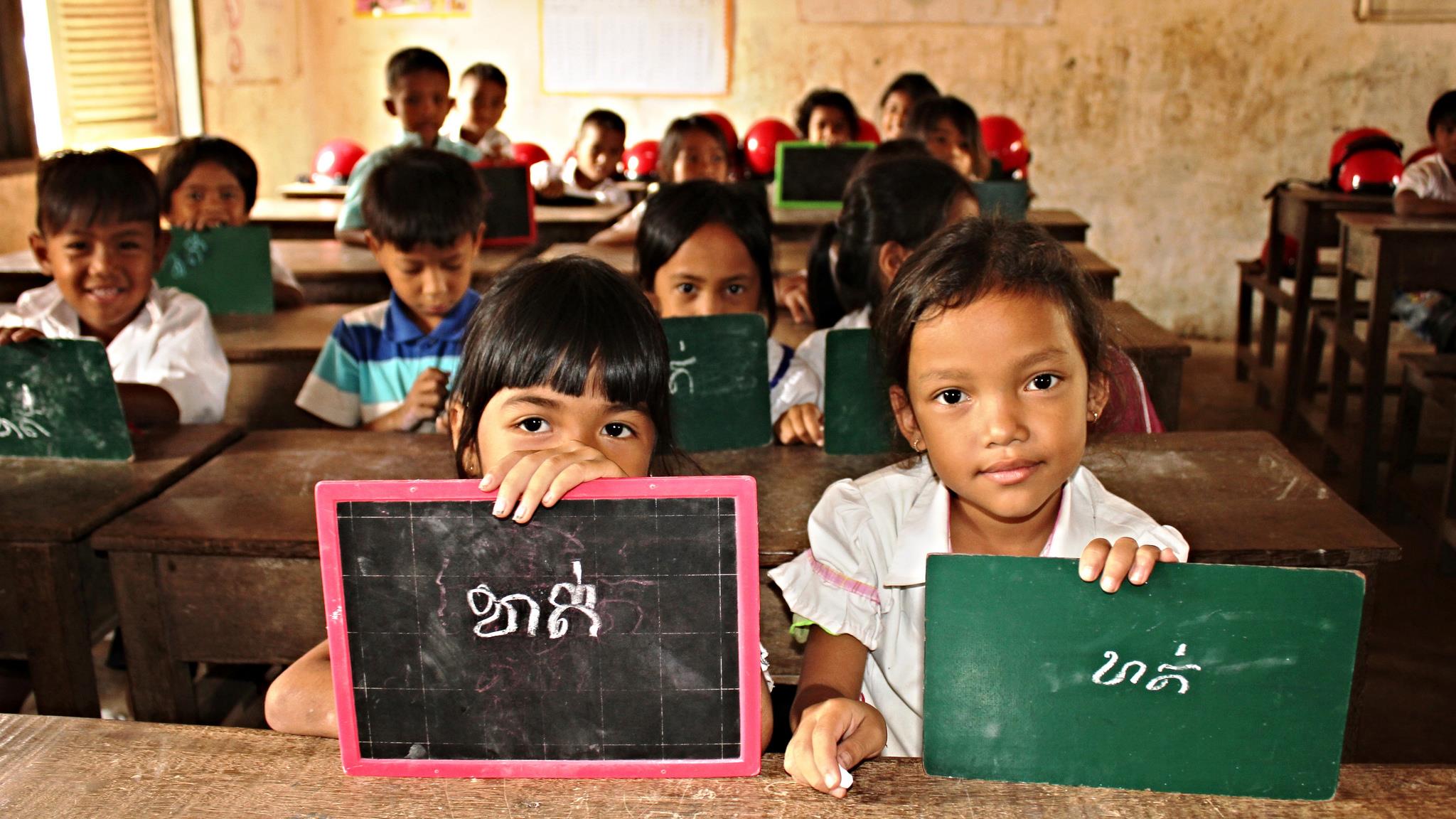VIENTIANE, Jan. 8 (Xinhua) -- The number of illiterate people in Laos remains a challenge for the government as it continues to promote non-formal education among children aged 6-14 and adults aged 15-40.
Major issues include students receiving education irregularly and insufficient educational materials, while many children and adults are not attending the non-formal education school program organized by the Non-Formal Education Department, according to a report delivered by the department at the 2017 Nationwide Meeting of Education and Sports Administrations.
To address the problem, the Non-Formal Education Department, under Lao Ministry of Education and Sports plans to target the remaining children aged 6-14 who lack educational opportunities and adults aged 15-40 who have not completed primary level education, local daily Vientiane Times reported Monday.
They will continue developing the curriculum, textbooks and teachers guidebooks for literacy and primary level programs according to the national education plan. In addition, the department will improve the curriculum for lower secondary education in 34 districts across the country.
During the meeting, the Non-Formal Education Department highlighted its achievements over the past year such as primary level literacy promotion, providing equal opportunities in education to children aged 6-14 who were unable to attend primary school and following up literacy and education courses.
Under the program, more than 4,800 children in 10 provinces have attended primary school while more than 19,900 adults aged 15-40 who are illiterate have also taken part in primary school level classes.
The department has improved the quality of non-formal education to meet the individual needs of students in rural and urban areas including the provision of basic vocational training for adults and youths in rural areas in order to encourage local engagement and development.
To promote education equality between students in towns and rural communities, the Lao government has announced a decree on student allowances to support outstanding primary and secondary students who lack opportunities to pursue their studies.
